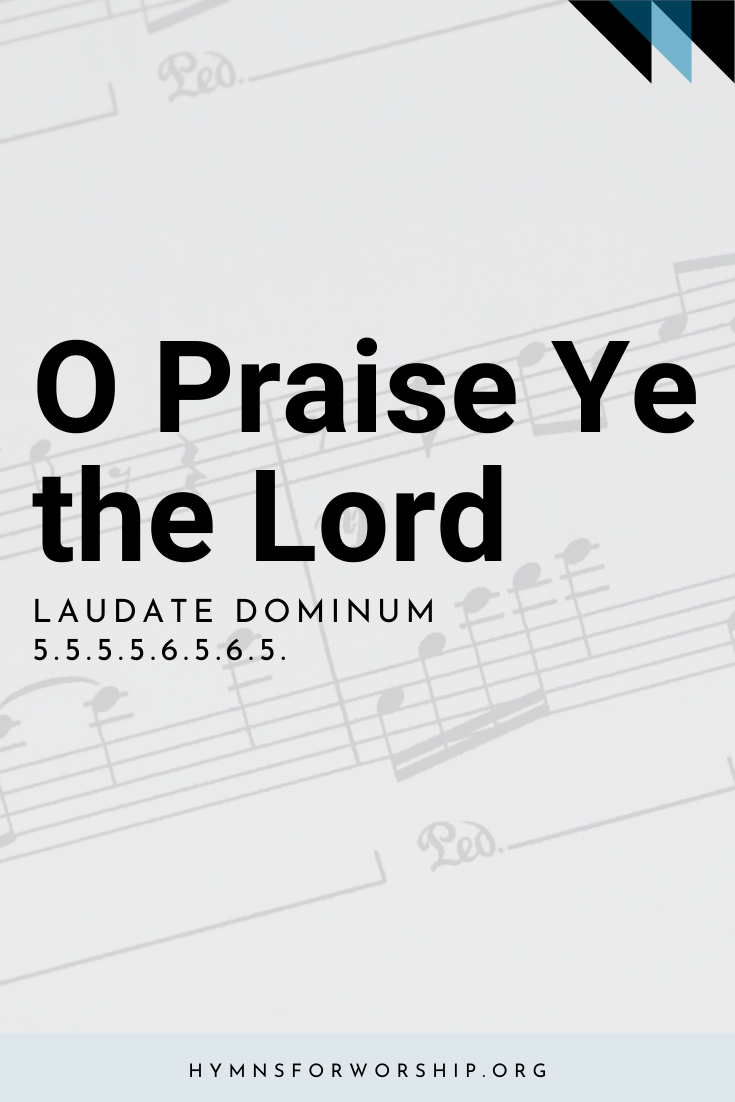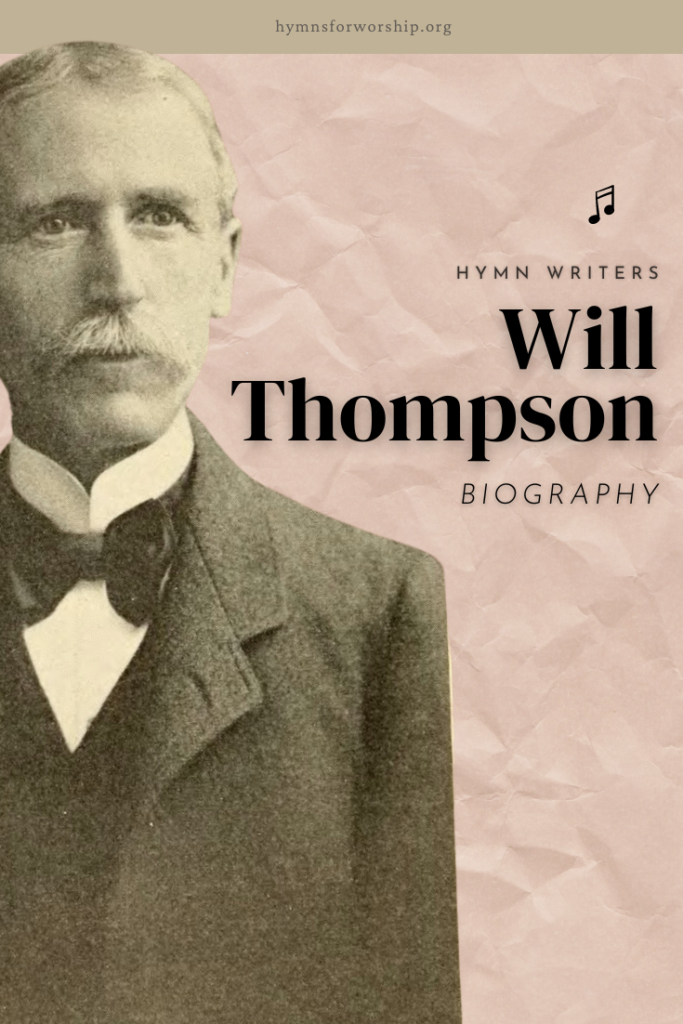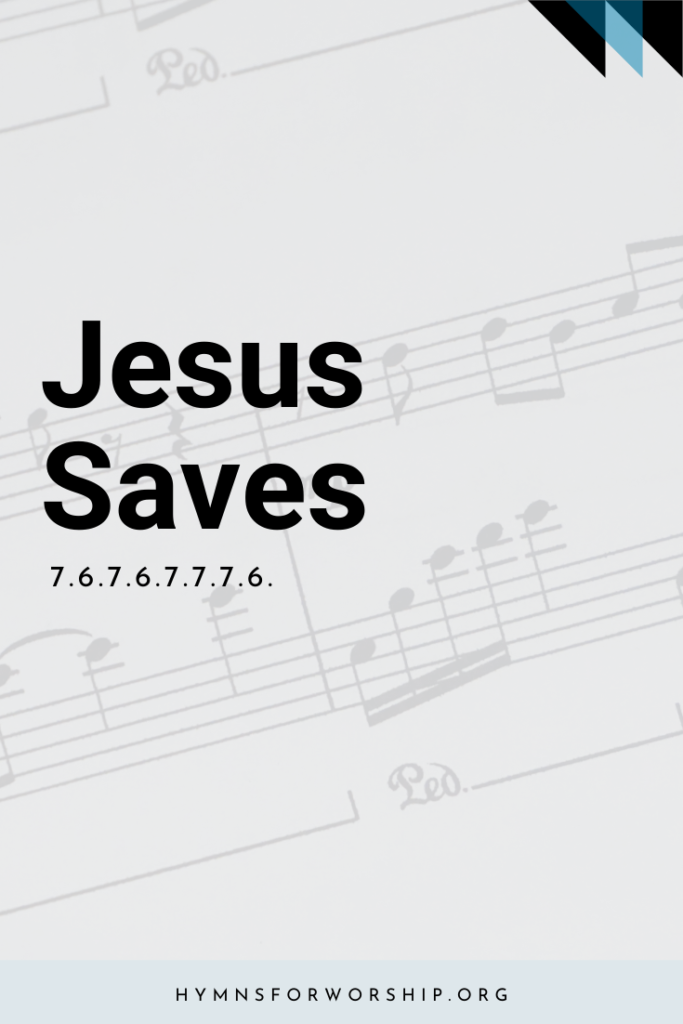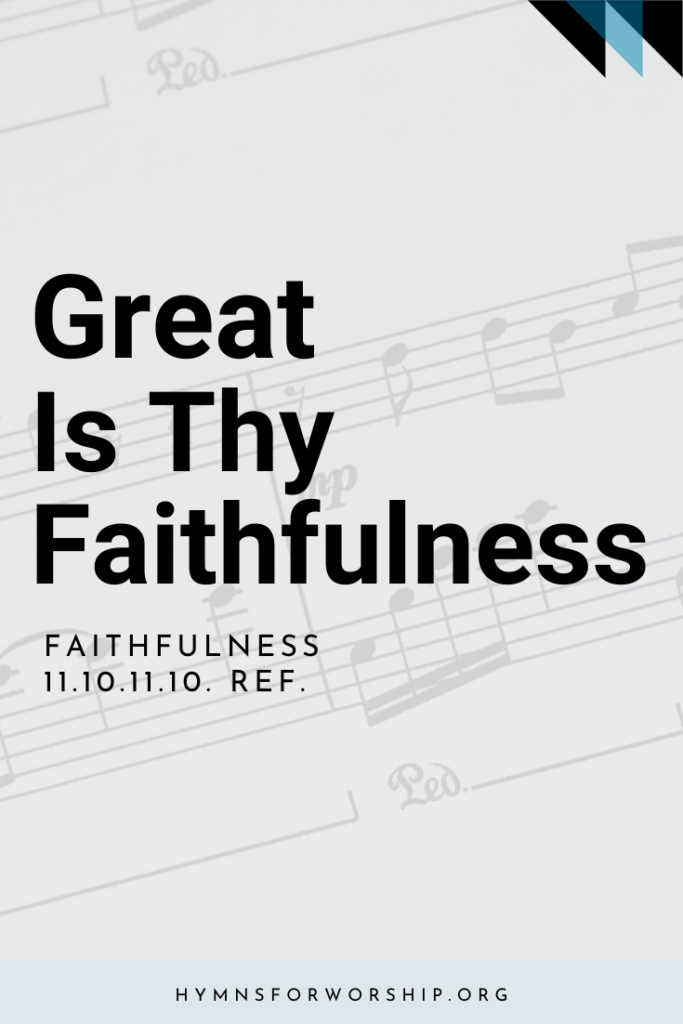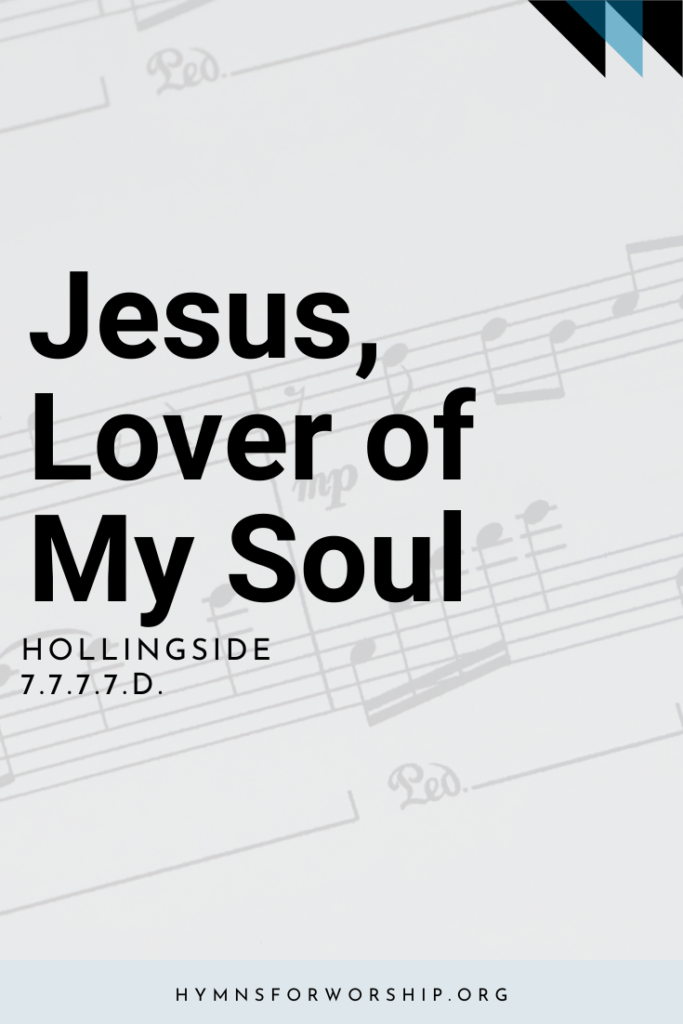WORSHIP >> Adoration & Praise
SDAH 20
O praise ye the Lord!
Praise Him in the height;
Rejoice in His word,
Ye angels of light;
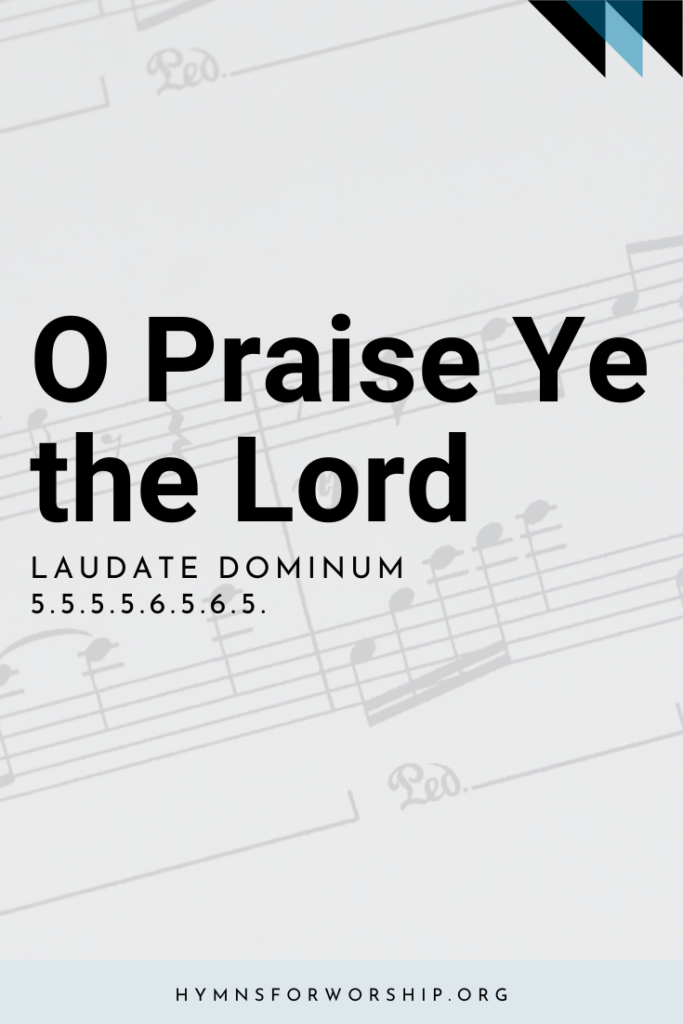

Text
1
O praise ye the Lord!
Praise Him in the height;
Rejoice in His word,
Ye angels of light;
Ye heavens, adore Him
By whom ye were made,
And worship before Him,
In brightness arrayed.
2
O praise ye the Lord!
Praise Him upon earth,
In tuneful accord:
Ye sons of new birth;
Praise Him who hath brought
you His grace from above,
Praise Him who hath taught
you To sing of His love.
3
O praise ye the Lord,
All things that give sound;
Each jubilant chord,
Re-echo around;
Loud organs His glory
Forth tell in deep tone,
And sweet harp, the story
Of what He hath done.
4
O praise ye the Lord!
Thanksgiving and song
To Him be outpoured
All ages along:
For love in creation,
For heaven restored.
For grace of salvation,
O praise ye the Lord!

Hymn Info
Biblical Reference
Ps 150 (a) Ps 148:1, 2, 4 (b) Ps 148:7 (c) Ps 150:3, 4 (d) Ps 150:6
Author
Henry W. Baker (1821-1877)
Hymn Tune
LAUDATE DOMINUM
Metrical Number
5.5.5.5.6.5.6.5.
Composer
Charles H. H. Parry (1848-1918)
Year Composed
1894
Theme
ADORATION AND PRAISE
Hymn Score
Piano Accompaniment
Recommended Reading
The general idea when it comes to hymns is that there is a close bond between the author and the composer. That the author writes a hymn and the composer invents a tune to suit it, and then provides the harmony to accompany the tune. However, such wasn’t always the case.
Many hymns actually worked vice versa wherein authors would write verses according to existing tunes. Hundreds of hymns are sung from borrowed tunes, such as secular songs, chants, and even classical works. That being said, I went ahead and researched which hymns in the SDA Hymnal were originally classical works.
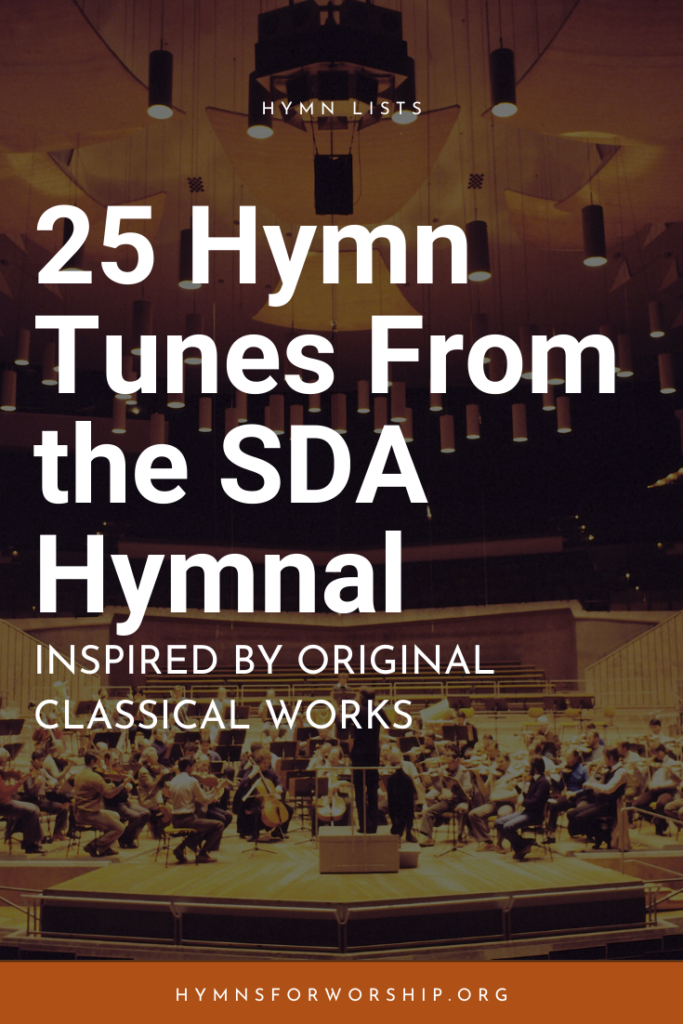
Notes
Get to know the hymns a little deeper with the SDA Hymnal Companion. Use our song leader’s notes to engage your congregation in singing with understanding. Even better, involve kids in learning this hymn with our homeschooling materials.
This hymn, as contrasted with the previous one, is a paraphrase rather than a metrical version. While using the thought and indeed some of the actual words of the psalm, it incorporates other ideas to make a better flowing poem. It actually draws from two psalms, Psalms 148 and 150.
Henry W. Baker was born in Vauxhall, London, on May 27, 1821. He was educated at Trinity College, Cambridge, and in 1844 was ordained to the ministry of the Church of England. Most pastors move every few years, but he served at Monkland near Leominster, Herefordshire, for his entire career–33 years. In the year 1851, at age 30, he succeeded to the baronetcy (a degree of honor just below a baron but above a knight, and honored with the title “Sir”. Believing firmly in celibacy for God’s ministers, he never married.
One of his greatest contributions to hymnody was his guiding force in the production of the first edition of Hymns Ancient and Modern, 1861. He was the first chairman, editor, and composer of a number of hymn tunes for this record-breaking volume. It sold 60 million copies between 1861 and 1912; its success still continues in the sale of the 1962 revision. (Baker remained chairman of the committee on revisions of this hymnal for 20 years.This praise hymn was written especially for the 1875 edition, of which he was editor. He also translated stanzas 2 and 3 of SDAH No. 116, “Of the Father’s Love Begotten,” and his paraphrase of Psalm 23 is SDAH 197.
The composer of LAUDATE DOMINUM (Praise the Lord) was another “Sir,” the honor of knighthood having been conferred upon Charles Hubert Hastings Parry in 1898 at age 50, and a baronetcy, five years later. A man of almost limitless interests, he was squire, magistrate, author, amateur scientist, teacher, administrator, composer, organist, pianist, diarist, playgoer and critic, motorist, yachtsman, and accomplished sportsman in many fields. Born February 27, 1848, at Bournemouth, England, he inherited at least some of this varied talent for his inventor-artist father.While being educated at Eton and Oxford, Parry was a leader in music and sports. His father objected to a career in music, so for three years young Parry worked at Lloyd’s. But he did not like the work–his first love was music. From 1883 to 1894 he lectured in composition and musical history at the Royal College of Music, and held the position of choragus at Oxford (a titular functionary at Oxford who derived his name from the leader of the chorus in the ancient Greek drama). His books, The Art of Music, The Music of the Seventeenth Century (In The Oxford History of Music), Style in Musical Art, J. S. Bach, and College Addresses, are considered high-quality literary works. In his time he was perhaps the leading musical force in England. Honorary doctorates were conferred upon him by Cambridge, Oxford, Dublin, and Durhan universities. Parry was not a churchman, but he is mostly remembered for his music with religious words. In his anthem, “Hear My Words,” 1894, instead of ending with the conventional fugal chorus, he concludes with a setting for Baker’s hymn, “O Praise Ye the Lord.” Much later (1916) it was printed by itself as the hymn tune LAUDATE DOMINUM and has been recognized as a first-class congregational hymn ever since. It first appeared in a hymnbook with this text in the revised Church Hymnary, 1920. Most people who have tall clocks will recognize its opening melody as being derived from the Westminster Chime. Parry died on October 7, 1918, at Rustington (see SDAH 636), a small seaside town on the Sussex coast where he spent the later part of his life.

